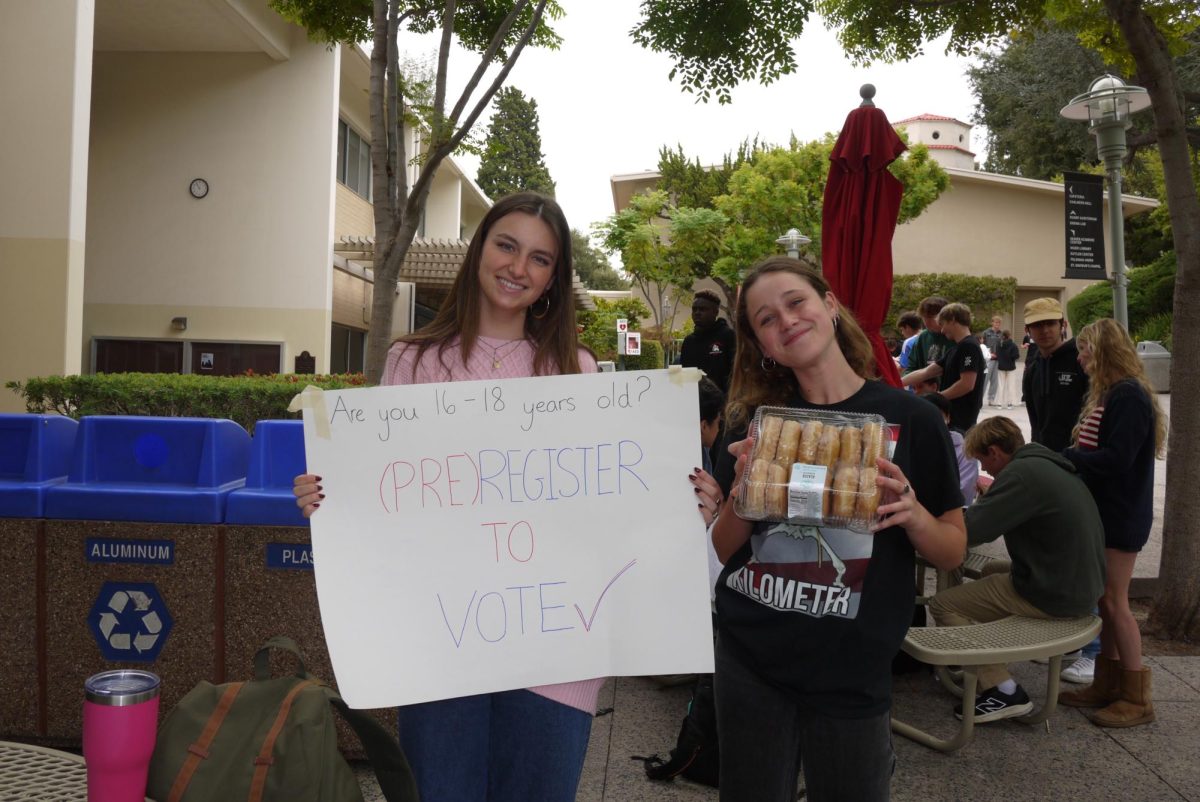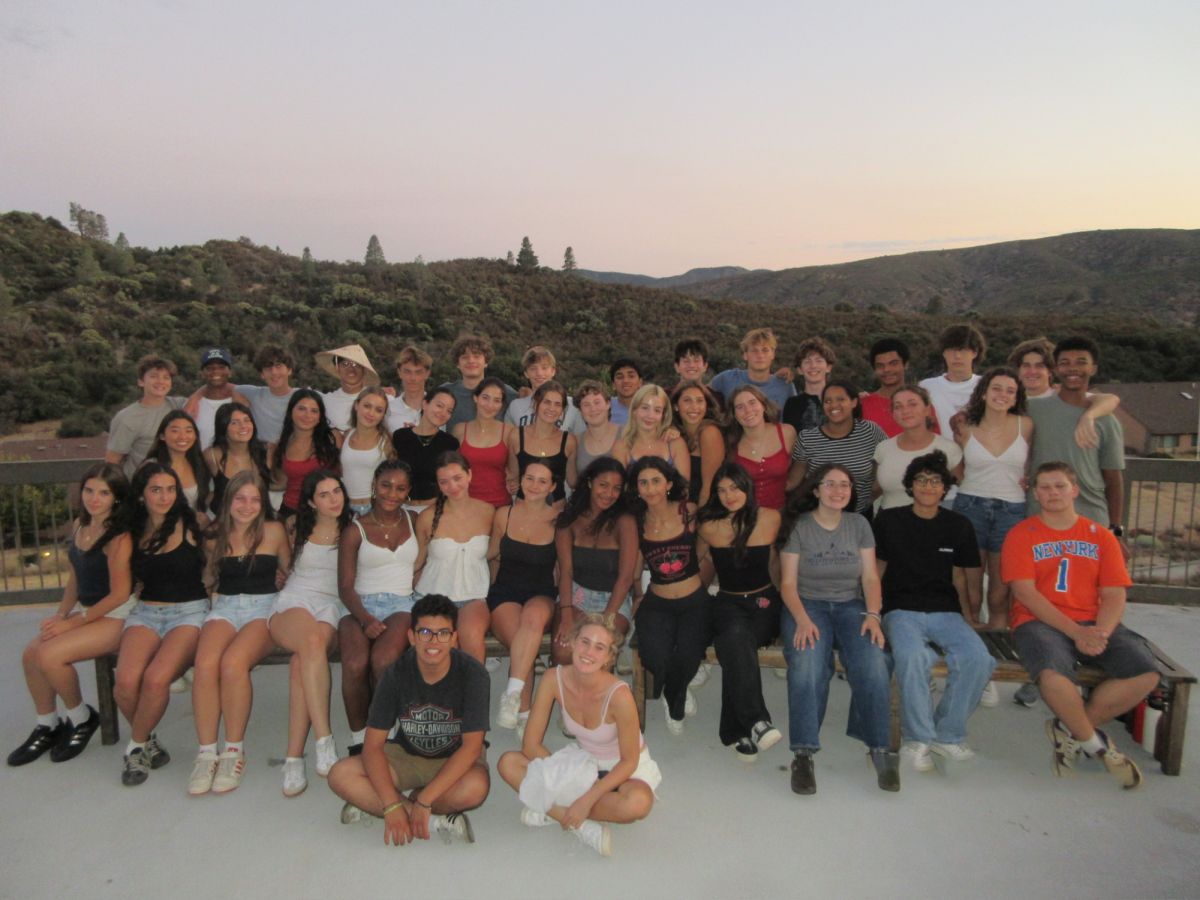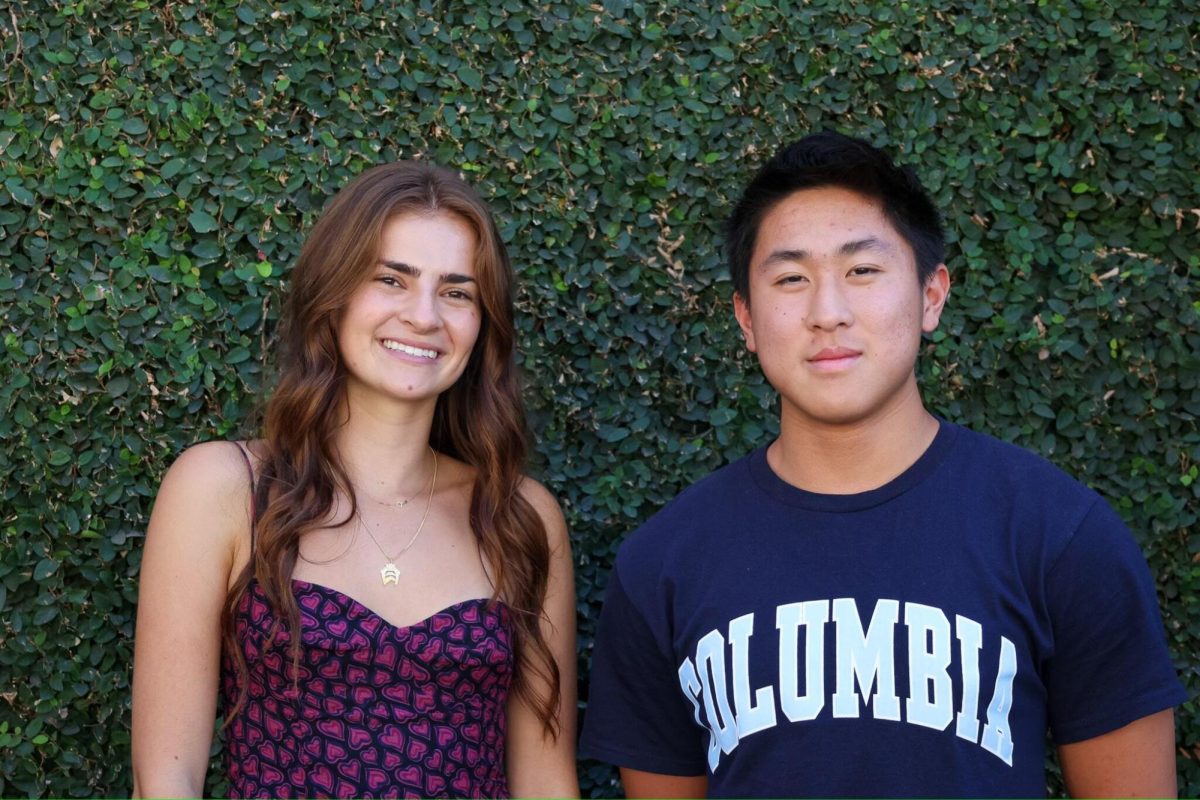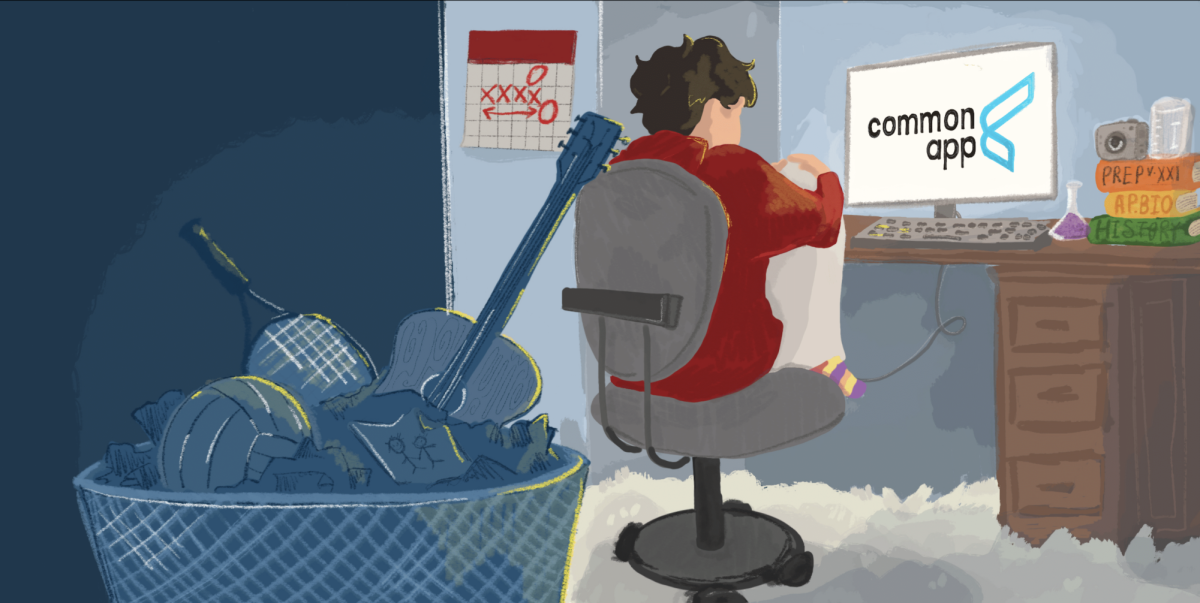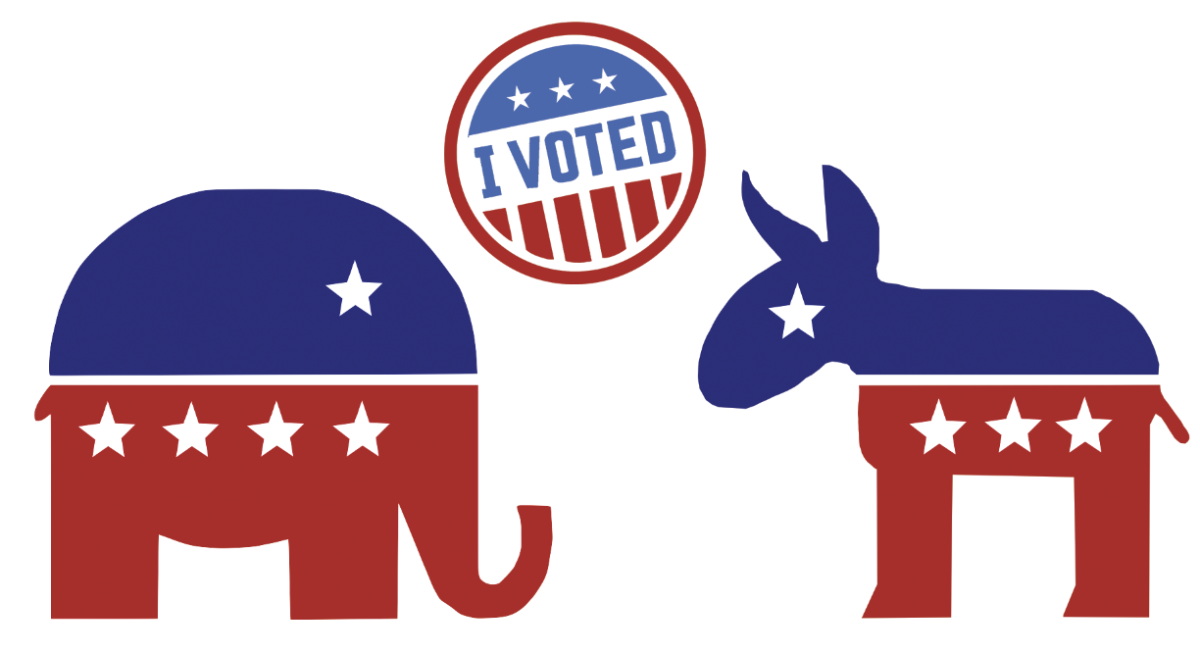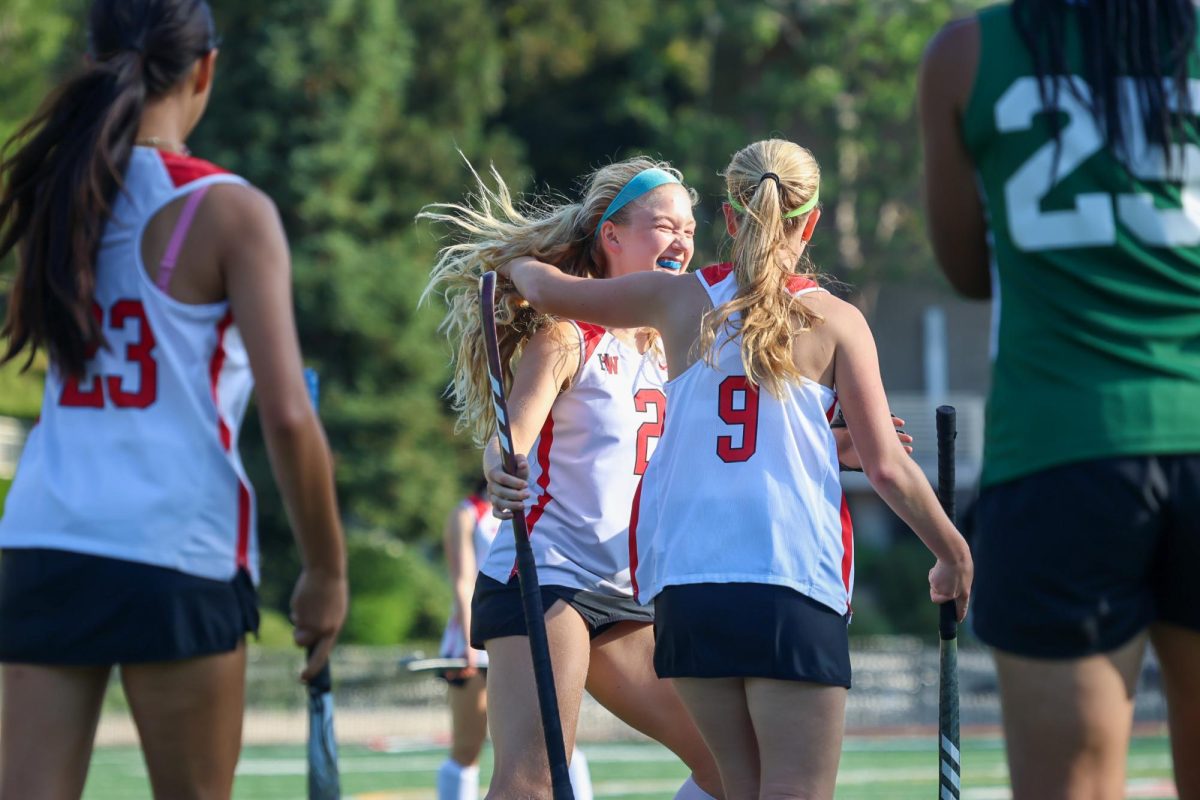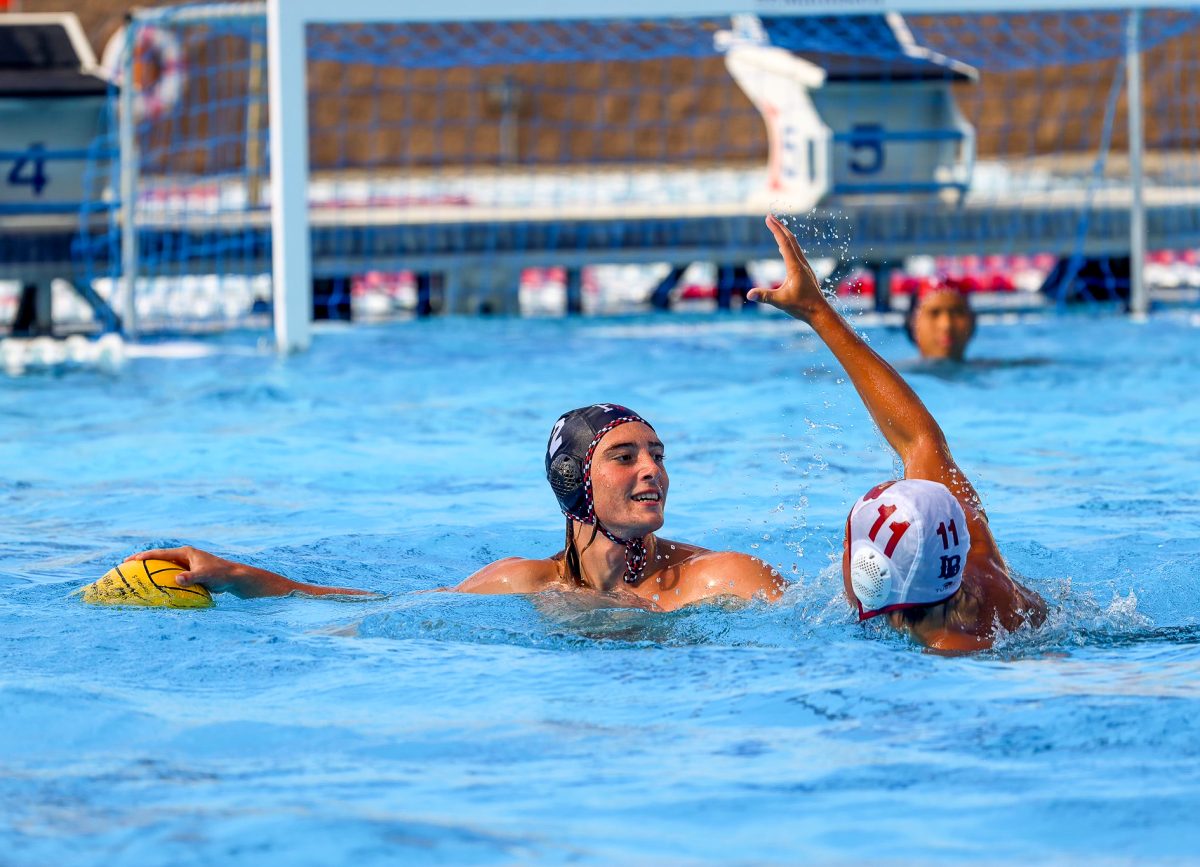The school heightened its concern regarding student parties amid increased reports of illicit substance use, according to an email sent by Head of Upper School Beth Slattery Oct. 30.
Multiple student gatherings in the 2023-2024 school year have resulted in the involvement of paramedics or the hospitalization of students due to drug and alcohol consumption, the email read. Slattery also warned about the possible consequences for both students and parents who continue to engage in the distribution and illegal use of substances, at the discretion of the school.
President Rick Commons said the school is taking stronger action towards drugs and alcohol than previous years.
“The subject of student parties, alcohol and drugs before was unspoken,” Commons said. “We used to say, ‘Be safe, take good care of yourselves and don’t do anything too risky.’ Now, in the 11th year of my role, we’ve sent out warnings in the past, but they’ve never been quite as direct [pertaining] to the issues of parties and especially the safety of students. We had not yet spoken publicly to the community specifically about the exclusionary nature of the parties or the liability laws of parents.”
Slattery said the dangerous behavior at parties has led the school to take action in keeping students safe.
“This is the first year where it feels like parties are ramping up to pre-pandemic proportions,” Slattery said. “It’s been hard to hear from parents or kids that somebody went to the hospital, and it’s just really terrifying. Now, in the current landscape of what we’ve already been through, I wake up almost every day terrified to look at my phone [and see] whether I got a text in the middle of the night [about a student]. It’s very emotional for me because my whole job is to keep kids safe.”
According to Slattery and Commons, the school has been notified that in some instances alcohol has been provided by parents and that some have helped plan parties for their kids. Commons said that that involvement of parents has further put students at risk of alcohol misuse.
“Some parents [involved with parties] are making the decisions,” Commons said. “They either turn a blind eye [to alcohol], or they actually provide it, on the principle [that] it’s better that [their kids] drink [at a party] than drink at a club somewhere or in some place that isn’t as safe as their home. [It’s imperative] that parents unify around the principle of keeping alcohol as far away from student gatherings as possible.”
Slattery said parents have a responsibility to protect their children by engaging in conversation and not being judgemental.
“I understand kids are gonna go to parties, and kids might drink, but [it’s horrible] to know that [some] adults are facilitating it,” Slattery said. “With my own child, a ninth grader, I wouldn’t prevent her from going to a party, but I would want to make sure she made good choices. If parents are having those conversations, where if at a party [their kids] have gotten really sick or one of their good friends [has], [their kids] can call them without them getting angry. The most important thing in that moment is [for kids] to take care of themselves and for adults to make sure that happens.”
Sadie*, a student who has been to parties this year, said people prefer to be under the influence because it creates a more enjoyable party environment.
“There’s a way for kids to have fun at the parties without being under the influence,” Sadie said. “But because of peer pressure and the atmosphere of the parties, it often makes being under the influence seem more fun than being sober. If the kids weren’t under the influence at the parties, it wouldn’t be different from hanging out or socializing at school, so resisting the temptation to drink is really hard at parties due to peer pressure.”
Counselor Brittany Bronson said students who use substances often do not intend to endanger themselves in doing so.
“Kids don’t have the intention of drinking or using [a substance] to the point where they get sick [where something] happens to them medically or physically because their body can’t take it anymore,” Bronson said. “A lot of times [drugs] are used to relieve stress that they’re experiencing in school and in [life outside] of school.”
Keith*, another student who has attended parties, said hosts’ intentions are for substances to be used in a casual environment.
“I’ve seen people go too crazy,” Keith said. “[The hosts] sometimes provide [substances]. They never want people to go too crazy or anything. It’s meant to be chill, but people can lead each other on and take it too far.”
Keith said he has the effects of peer pressure on himself and others.
“[At parties] I drink sometimes, but I would never put myself at risk of a medical emergency,” Keith said. “I try to ignore peer pressure, [and say] shame on the people who try to peer pressure [others].”
Sadie said she remains aware of his alcohol tolerance when drinking.
“I drink responsibly by knowing my limits,” Sadie said. “To be honest, I wouldn’t really say I’m that responsible, so I often rely on my friends to keep me in check. Based on past experiences, I learned how to drink responsibly and not drink over my limit.”
According to Sadie, alcohol is provided by both the hosts and the partygoers themselves. She said that parties often have drinking rules put in place by hosts to prevent heavy drinking.
“I was actually surprised by the drinking rules because at the end of the day, [the hosts] want everyone to have fun at the parties, so there are rules to help prevent things like alcohol poisoning and throwing up,” Sadie said. “For example, there are hefty fees to those who throw up, and you get called out and warned if you are getting alcohol poisoning or sick to the point that you need an ambulance.”
Keith said students need to intervene when their friends are overly intoxicated.
“Students have to genuinely be proactive when their friends are taking it too far and not just discourage them [from continuing to drink],” Keith said. “Don’t just say, ‘Oh, stop doing that.’ but [seriously] take it out of their hand and recognize when it’s going way too far. If your friend is about to blackout or if they’re throwing up, they should not still have the handle in their hand.”
Sadie said that creating an enjoyable party environment ultimately comes with risks of substance abuse.
“It’s hard to reduce hospitalizations and those severe incidents because you want your friends to have fun,” Sadie said. “But if they don’t know their own limits, it’s hard for them to be responsible to create their own safe environment. On one hand [kids] have to know their own limits and [the hosts] make sure to tell everyone that, but on the other hand it’s their party and their alcohol that’s ultimately putting that person in the hospital.”
Slattery said that despite the school’s limited jurisdiction over parties, she hopes that the school’s actions will discourage unsafe behavior.
“I can’t really do anything about it if I don’t know [who organizes the parties],” Slattery said. “If I have information, my first approach would be to call the family or the kid. I’m not interested in suspending or kicking people out of school under any context and that’s not something I take pleasure in. I mostly want to talk to [those responsible] and say, ‘Listen, that wasn’t a great choice, and you put people in danger. There are consequences to it, and you won’t be welcome on our campus if you’re not going to keep [kids] safe.’”
Commons said the school will continue to be direct with issues regarding student wellness and mental health despite possible student and parent backlash.
“As we’ve come through the tragedies [of last year], the horror of the risks that students are taking now is more on our minds than ever,” Commons said. “We’re more willing to be direct and take the backlash if [we’re] trying to keep kids safe. I know the letter didn’t make everybody happy when they received it, but I do think it will make people safer.”


